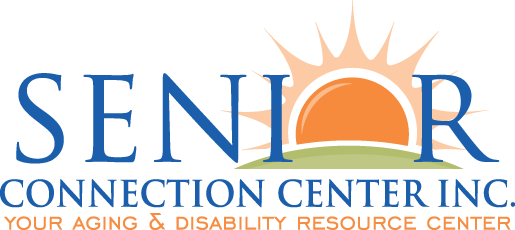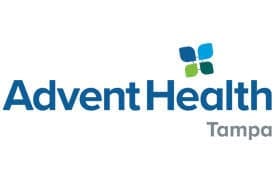Learn to Act FAST. It may save a life.
A stroke can happen suddenly and without warning. Because a stroke means that oxygen-rich blood is not reaching the brain due to a blockage or a bleed, every minute without treatment means a higher chance of death or disability.
Unfortunately, strokes are becoming increasingly common. According to the Centers for Disease Control and Prevention, someone in the United States has a stroke every 40 seconds — that’s 795,000 each year.
Recognizing stroke signs and acting quickly can help prevent permanent brain damage and save your loved one’s life. So how do you know someone is having a stroke? F.A.S.T. is an easy way to remember the sudden signs of stroke. F.A.S.T. stands for:
Face drooping – During a stroke, one side of the face may droop or become numb. Ask the person to smile. Make sure they can maintain the smile on both sides.
Arm weakness – One arm may be weaker than the other during a stroke. Ask the person to raise both arms. Can they maintain both sides equally?
Speech difficulty – A stroke can cause speech to become slurred or incoherent. Ask the person to repeat a simple sentence such as “Today is Wednesday.”
Time to call 911 – If a person shows any of these symptoms, call 911 immediately. Don’t wait to see if symptoms subside. It’s important to get immediate medical treatment.
“When dealing with a stroke, we say ‘time is brain,’” said Dr. David Decker, Neurologist, Co-Medical Director of the AdventHealth Tampa Comprehensive Stroke Center. “Every minute during a stroke, when the brain is not receiving oxygen from the blood, thousands of brain cells are permanently damaged. The quicker we can get these patients to treatment, the less likely it is they will die or suffer disability. That’s why it’s important to recognize the symptoms and act quickly.”
Additional signs of a stroke may include a sudden onset of confusion, vision issues, loss of balance or a severe headache.
If someone is showing the symptoms of a stroke, call 911 immediately. Do not drive them to the emergency room yourself. Emergency medical personnel can start diagnosis and treatment immediately, as well as alert the emergency room to be prepared for an incoming stroke patient.
Preventing Strokes
Although strokes can happen to anyone, and there are some risk factors that are out of our control — such as age, genetics, gender and race — up to 80 percent of strokes can be prevented. Ways we all can reduce the risk of stroke include:
- Controlling high blood pressure and high cholesterol
- Not smoking
- Limiting alcohol
- Choosing a healthy diet
- Maintaining a healthy weight
- Managing diabetes
- Managing heart diseases such as carotid artery disease, peripheral artery disease or atrial fibrillation
Speak with your physician about lifestyle changes that you can make to help prevent stroke.
At AdventHealth Tampa’s Comprehensive Stroke Center our expert neurologists, neurosurgeons and interventional neuroradiologists work closely with our specially trained stroke response teams to provide comprehensive care quickly when time matters most.

